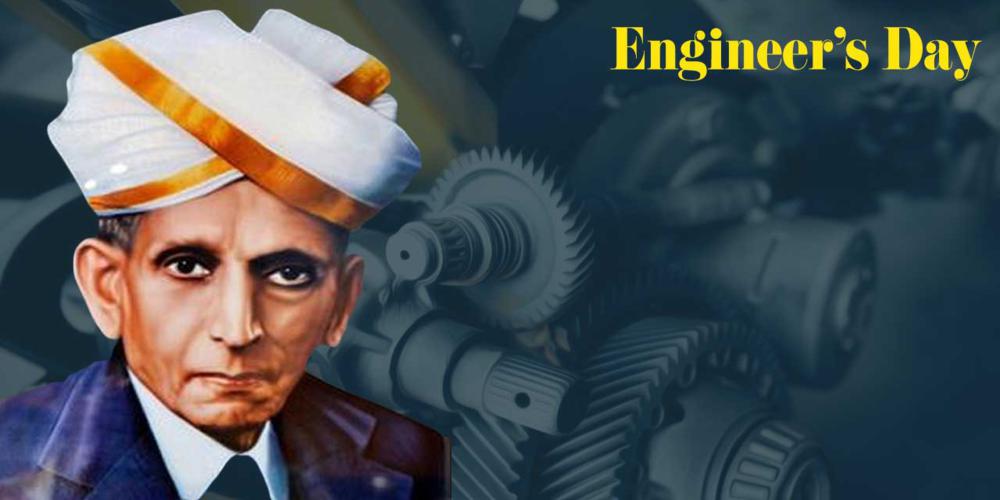
Last Minute JEE revision
Entrance exams that pave the way to your admission into prestigious engineering colleges generally involve preparation for two years. And during this period, you need to be a consistent performer. The final phase of this preparation is when the exam date approaches. This is the time that you need to be at the peak of your efforts and performance. Here are a few tips from Abhyaas iitprep team for you that help to stay focused and also guides you to boost your scores.
Every problem has a solution. It is a composed mind that you need to find it. So, be calm. Avoid Negative talks.
- Schedule your revision based on weightage, difficulty level and time consumed. (Check our Study plan below).
- Revise fundamental concepts and formulae from NCERT material. You can expect a considerable number of formulae based questions.
- Solve Previous Question Papers (Abhyaasis can refer to the Question bank). Always keep a tab on time. Speed matters
- Take mock exams and analyze your result. Attempts and Accuracy matters.
- Given below is a study plan collated by our team. Weightage is based on previous papers, Difficulty level is based on the perception of an average student. The effort required is more based on the number of concepts, complexities involved in the model and general perception. Pattern of JEE has changed in 2020, minor changes in weightage compared to previous years is possible. Questions from all chapters are asked in JEE Mains. So, do not ignore any. Also refer to our session wise analysis of 2020 JAN paper released on the day of exam itself.
| PHYSICS | ||||||||||
| KTG, Heat and Thermodynamics | W | EMI and AC | ||||||||
| Semi-Conductors | E | Current Electricity, Capacitance | ||||||||
| EM Waves | I | Kinematics | ||||||||
| Gravitation & Oscillations | G | Electrostatics | ||||||||
| Waves, Optics | H | Properties of Matter & Solids, Fluids | ||||||||
| Modern physics | T | Rotation | ||||||||
| EFFORT → | A | |||||||||
| Error Analysis | G | Laws of Motion | ||||||||
| Units & Dimensions | E | Communication Systems | ||||||||
| Heat Transfer | Center of Mass and Collisions | |||||||||
| Work Energy Power | ↑ | Circular Motion | ||||||||
| CHEMISTRY | ||||||||||
| Atomic Structure | W | Thermodynamics | ||||||||
| Gaseous State | E | P Block elements | ||||||||
| Electro Chemistry & Chemical Kinetics | I | General Organic Chemistry | ||||||||
| Nuclear and Surface Chemistry | G | Isomerism | ||||||||
| Chemical Bonding | T | Aldehydes and Ketones | ||||||||
| D block & Coordination Compounds | A | Carboxylic acids and its derivatives | ||||||||
| Alkyl halides & Aromatic Compounds | G | |||||||||
| EFFORT → | E | |||||||||
| Chemical Equilibrium | Periodic classification | |||||||||
| Redox & Volumetric Analysis | ↑ | Ionic equilibrium | ||||||||
| Solutions | Solid state | |||||||||
| Metallurgy | S Block elements | |||||||||
| Qualitative analysis | Mole concept | |||||||||
| Hydrocarbons | Alcohol and Ether | |||||||||
| Nitrogen Compounds & Aliphatic amines | ||||||||||
| Biomolecules and Polymers | ||||||||||
| MATHEMATICS | ||||||||||
| 3D Geometry | W | Definite Integrals & Areas | ||||||||
| Straight Lines | E | Limits, Continuity, Differentiability | ||||||||
| Circles | I | Applications of Derivatives | ||||||||
| Vectors | G | Conic Sections | ||||||||
| Matrices & Determinants | H | Functions | ||||||||
| Probability Distribution | T | Complex Numbers & Demoivres | ||||||||
| Sequences & Series | A | Quadratic Eq & Binomial Theorem | ||||||||
| EFFORT → | G | |||||||||
| Differential Equation | E | Trigonometric Ratios and Functions | ||||||||
| Differentiation | Properties of Triangles | |||||||||
| Trigonometric Equation | Permutation & Combination | |||||||||
| Statistics | Indefinite Integrals | |||||||||
| Sets Relations, Heights & Distances | ↑ | |||||||||
| Mathematical Reasoning, Math Induction | ||||||||||




